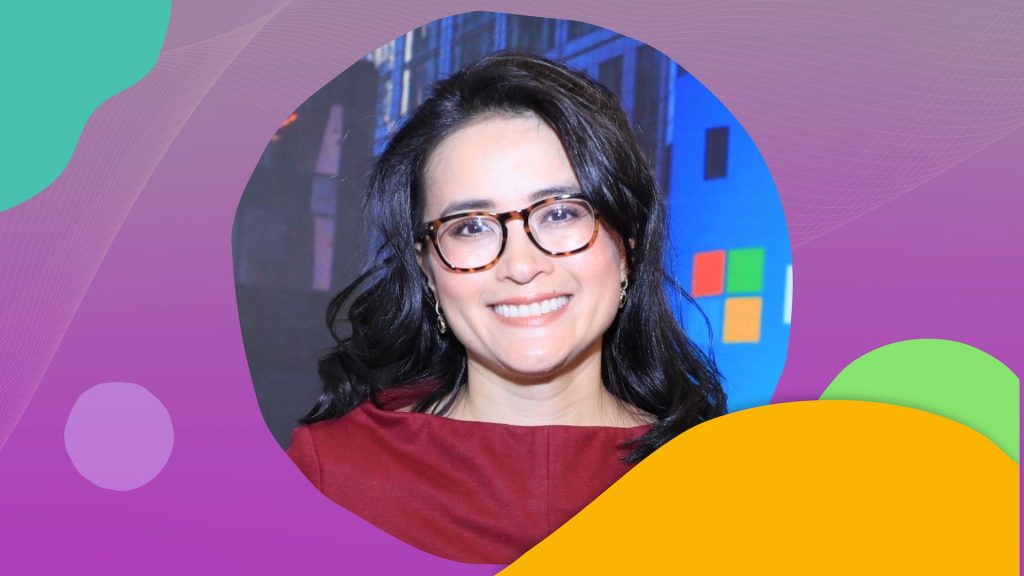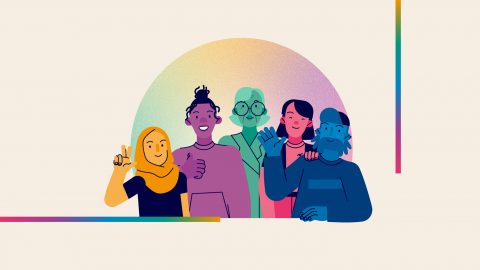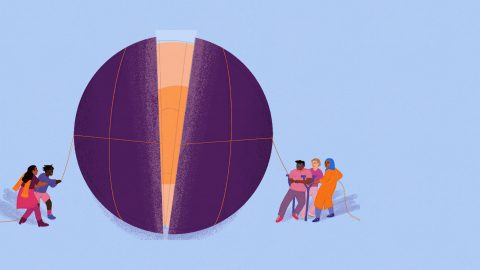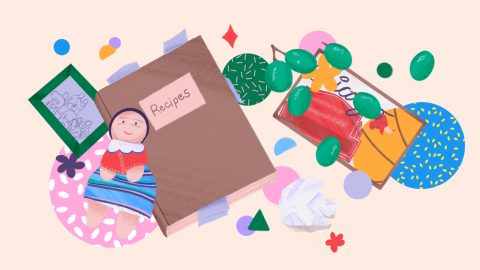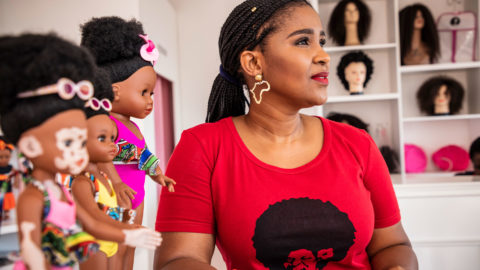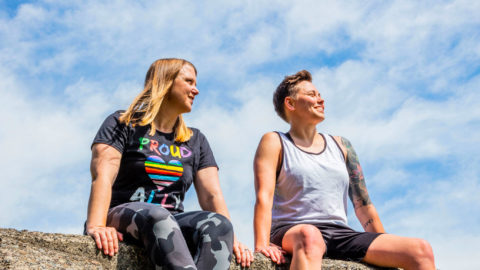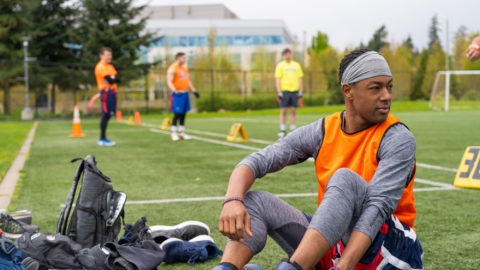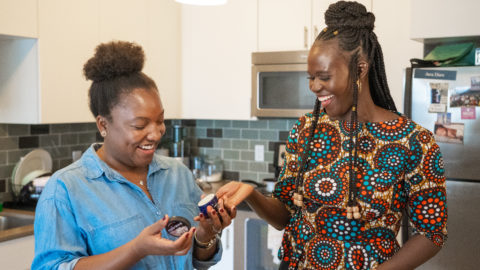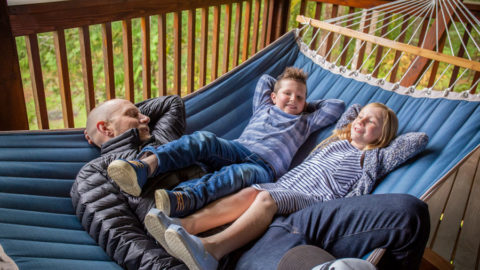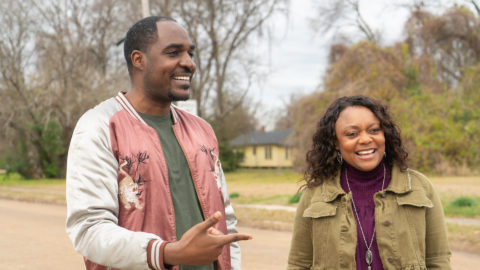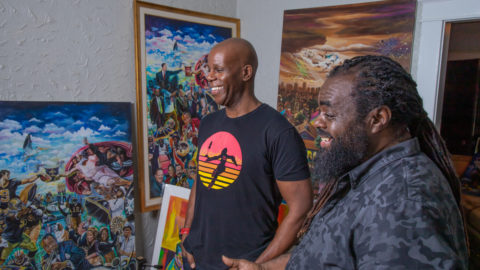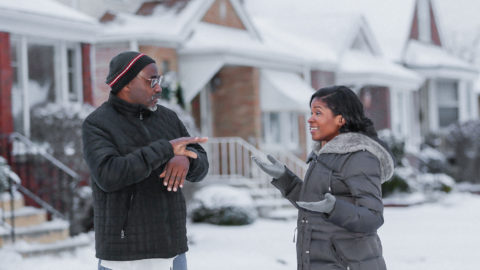“For any group of people who might feel like they are not mainstream, it’s a relief when you can just be yourself.”
Raised by Vietnamese refugees and in nondiverse communities, Director of Customer Success Ngoc Dinh now helps provide a safe, welcoming space for AAPI self-identified colleagues.
My family was among the refugees who fled Vietnam during the war in the 1970s. My dad was evacuated from Saigon on the last day of the war, while my mom, older brother, and sister had left two weeks earlier. My dad was sent to Guam and then to a Vietnamese camp in Fort Chaffee, Arkansas. By the time my mother arrived in Guam, my dad was long gone, and so it took nearly a year for my family to be reunited in Fort Chaffee.
Being sponsored meant being released from the camps, and my family would eventually be sponsored by a Russian Orthodox Church in Hershey, Pennsylvania, where I was born. When I was three years old, we moved to Lancaster, Pennsylvania, and my parents got jobs as factory workers at the RCA plant. We were one of only three refugee families in the area at the time.
When you had a Vietnamese name and you lived in white communities where people had never met a Vietnamese person during the Vietnam war and its aftermath, emotions were strong, and at times you could feel you weren’t welcome. I distinctly remember working at the mall as a teenager and being accosted by a woman who was very upset because I was there and her son wasn’t. He had died in the war. It was such a paralyzing experience. No one was standing up for me. I felt for her, but I also knew there was nothing I could do but run and hide.
Because of experiences like these, I started “covering,” or actively denying my identity to fit in. I wanted to fit in so badly and be like everyone else. I actually started to shun being Vietnamese. I rationalized that because I was born here and had never actually been to Vietnam, I was American and not Vietnamese. It wasn’t until college that I started to look up to people who were more in touch with their culture.
At Microsoft, I co-lead a group called NOODLE that’s focused on professional development for AAPI (Asian American and Pacific Islander) self-identified employees. It started with just me and two of my Asian colleagues, and it has grown to almost 70 members. We meet once a month, and we go on different journeys. The idea behind the group is learning to talk about our accomplishments and speak up for the things we want in the workplace and otherwise.
In the Asian community, we were raised to not question authority, do as we were told and to be seen, not heard. These were merits of being a good student. Now layer on top of that, refugees and immigrants were taught to be essentially invisible and avoid attention to prevent any retaliation towards us or our families. With my generation, there’s a sentiment of, “Hey, you’re American, and you should be grateful for that.” So, my involvement in NOODLE as well as in the Women at Microsoft and Asians at Microsoft Employee Resource Groups is part embracing my identity and learning how to overcome apprehension with self-promotion and part helping others do the same.
Growing up resource-constrained, I learned early on that there’s always more than one way to do anything. That meant taking a nontraditional path to get where I needed to be, and I think that’s given me a creative edge. I don’t have to break down barriers and explain why I do things differently at Microsoft. That individuality is embraced, and it’s one of the reasons I love working here. For any group of people who might feel like they are not mainstream, it’s a relief when you can just be yourself.
Discover more stories like Ngoc’s by visiting: https://aka.ms/InclusionIsInnovation/Asian

